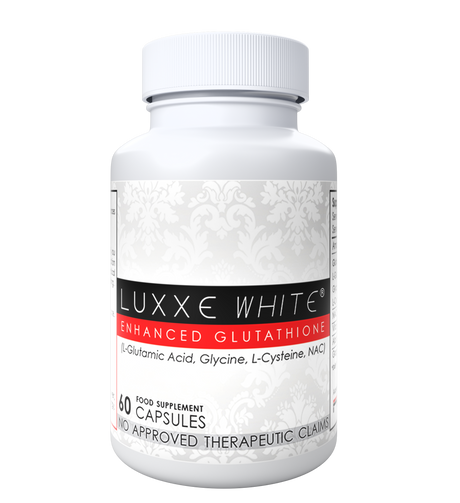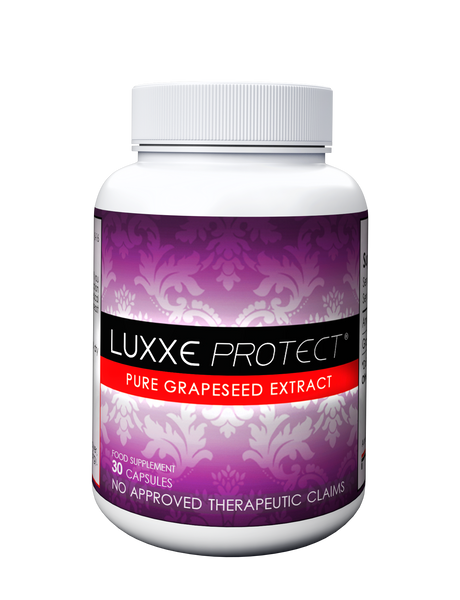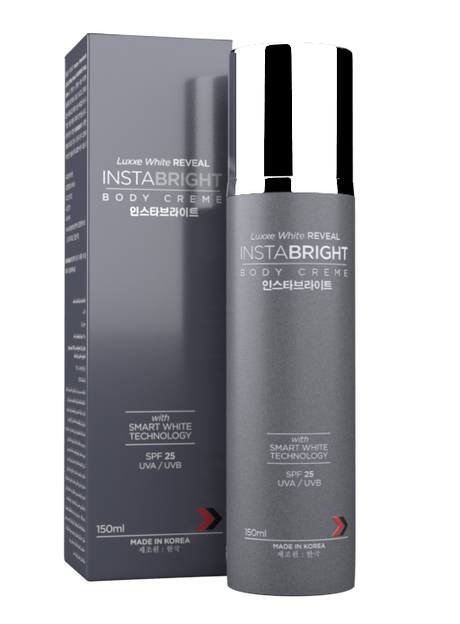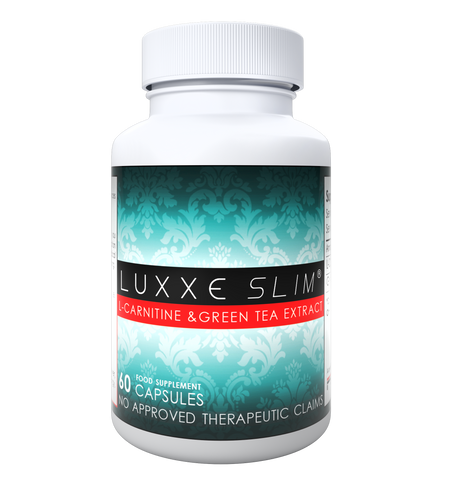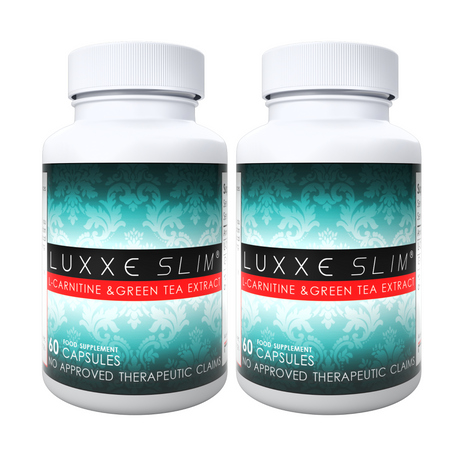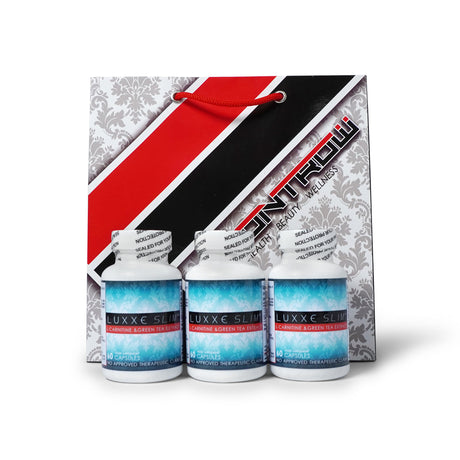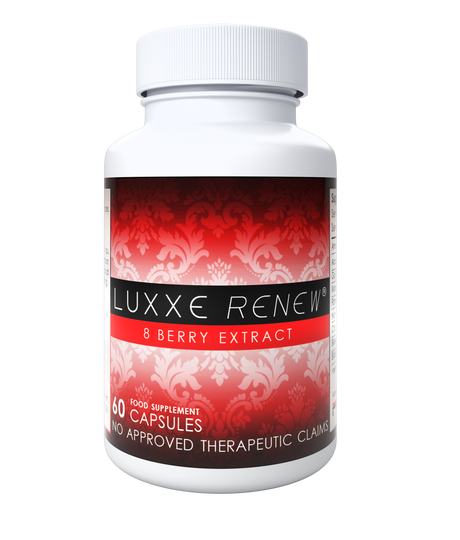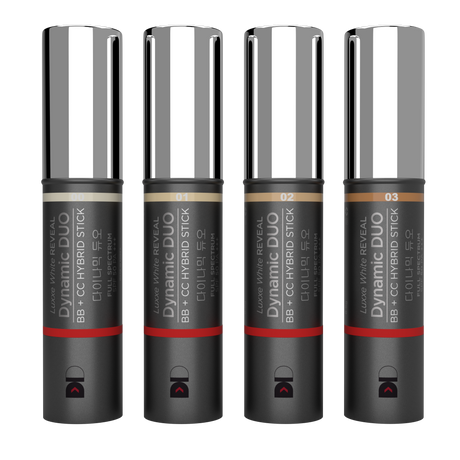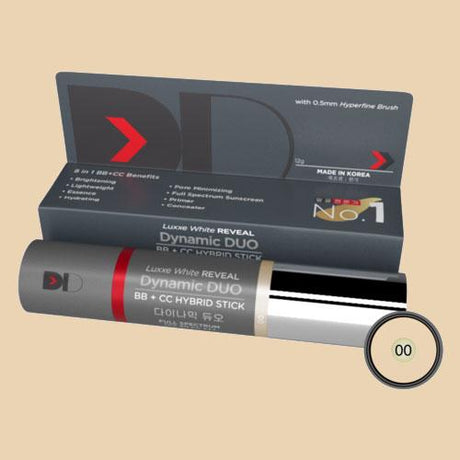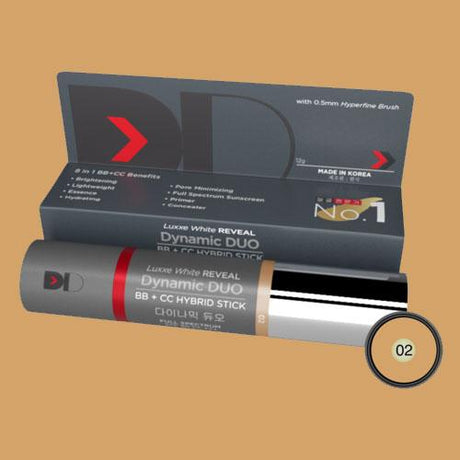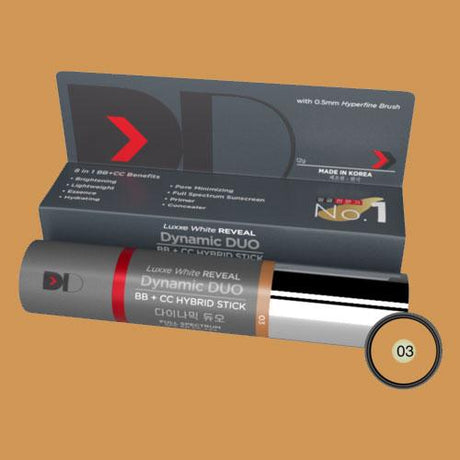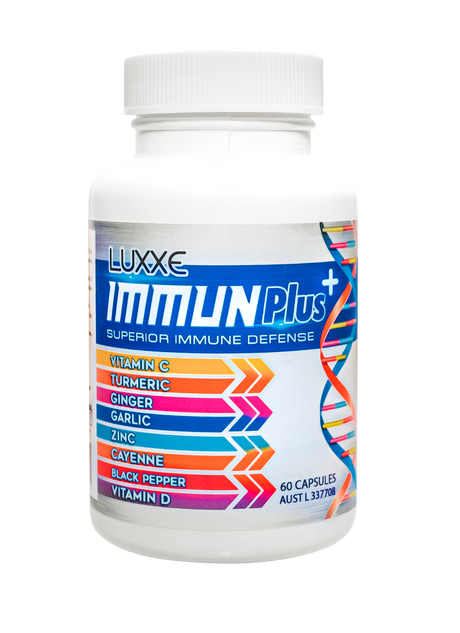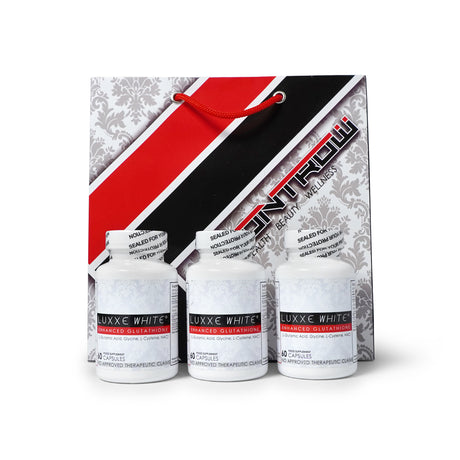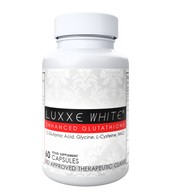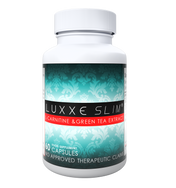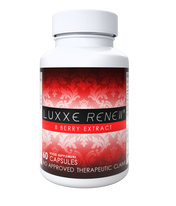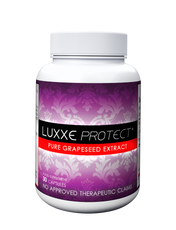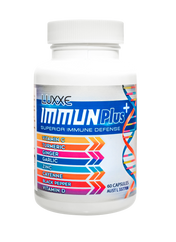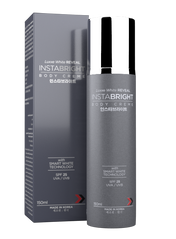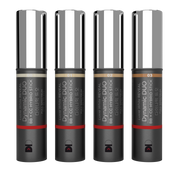Glutathione, often referred to as the body's master antioxidant, plays a crucial role in maintaining overall health and well-being. But can this powerful antioxidant also help with hormonal imbalance? Let's delve into the science behind glutathione and its potential impact on hormonal health.
What is Glutathione?
Glutathione is a tripeptide composed of three amino acids: cysteine, glutamic acid, and glycine. It is produced naturally by the body and is involved in various cellular processes, including detoxification, immune function, and antioxidant defense. Glutathione helps neutralize free radicals, reduce oxidative stress, and support the immune system.
Glutathione and Hormonal Imbalance
Research suggests that glutathione may play a role in regulating hormone levels in the body. Hormonal imbalance can occur when there is an excess or deficiency of certain hormones, leading to a wide range of symptoms such as fatigue, weight gain, mood swings, and reproductive issues. By supporting the body's detoxification pathways and reducing oxidative stress, glutathione may help promote hormonal balance.
The Benefits of Glutathione for Hormonal Health
Studies have shown that glutathione can help modulate hormone levels by supporting liver function, which is essential for hormone metabolism and detoxification. By enhancing the body's ability to eliminate excess hormones and toxins, glutathione may help restore hormonal balance and improve overall well-being.
Additionally, glutathione's antioxidant properties can help protect the endocrine system from oxidative damage, which can disrupt hormone production and signaling. By reducing oxidative stress, glutathione may help support the health of the adrenal glands, thyroid, and other organs involved in hormone regulation.
How to Support Glutathione Levels
There are several ways to support glutathione levels in the body, including consuming foods rich in sulfur-containing amino acids (such as garlic, onions, and cruciferous vegetables), taking glutathione supplements, and practicing lifestyle habits that promote detoxification and reduce oxidative stress (such as regular exercise, adequate sleep, and stress management).
It's important to consult with a healthcare provider before starting any new supplement regimen, especially if you have a hormonal imbalance or underlying health condition. Your healthcare provider can help determine the appropriate dosage and form of glutathione for your individual needs.
In conclusion, while more research is needed to fully understand the relationship between glutathione and hormonal imbalance, the existing evidence suggests that this powerful antioxidant may offer benefits for supporting hormonal health. By incorporating glutathione-rich foods and supplements into your routine, you may help promote balance and vitality in your endocrine system.
